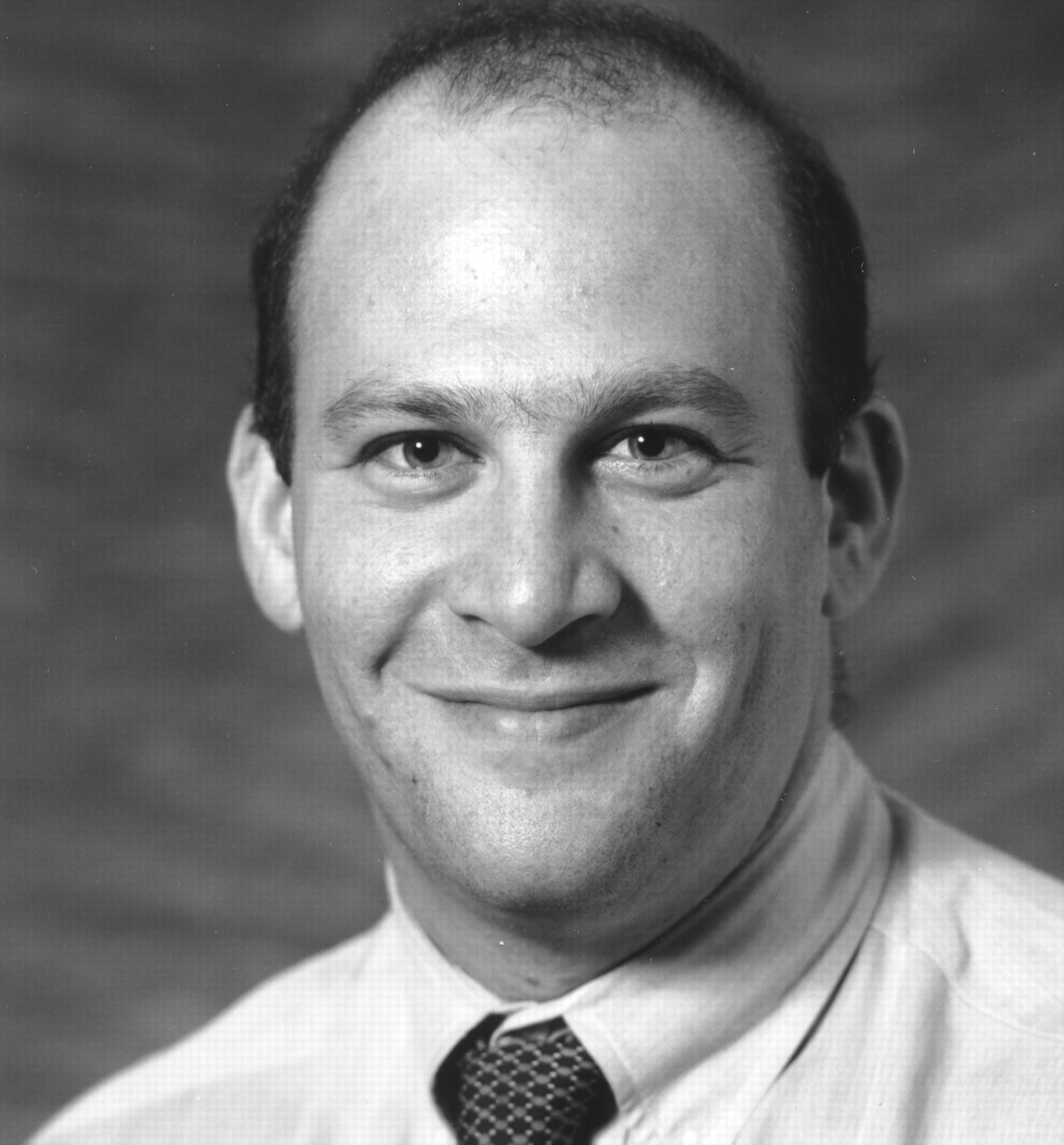Hints on Getting a Professional Bargain

For all the rich experiences on the widest range of topics, the fee for residents and fellows is miniscule in comparison with fees for the many psychiatric meetings that have no reduced rate or just a slightly reduced rate for residents. It is a bargain for residents (even more so for those who are APA members) and offers an opportunity to learn the absolute-cutting-edge thinking of the world’s leaders in psychiatry, to review topics with senior clinicians, to network, or to simply be a part of the excitement of psychiatry today.
Information on Original article: page 18 of this issue details some of the meetings and events that will be of particular interest to trainees, but in this column I hope to give some hints that will help those with concerns make the trip an easier one. Many of these hints rely on your having a training director or department chair who can be helpful. My hope is that, by reading this column, you will be convinced to join your colleagues in Philadelphia this May.
For me, the most daunting factor may be the concern of loneliness in a big city surrounded by no one you know. If you ask senior psychiatrists, many will admit to you that that was their experience at their first APA meetings years ago. Yet somehow today they seem to glide through them: how does that happen? There are a number of ways to make sure that you are among familiar faces, or at least among others in common situations:
• Go to the events, meetings, and lectures intended for residents, especially the complimentary “Meet the Experts: Sunny-Side Up” breakfast; the luncheon for residents, medical students, and educators; and the “How to Survive the Annual Meeting” orientation session. Your resident leadership has also planned workshops on resident issues.
• Often department chairs or residency directors know who else will be attending from your institution, and they may be able to help you know who is there, and perhaps even this will give you ideas on sharing costs.
• Most academic departments hold some type of reception or “get together” at the annual meeting. If you are unaware of the time and place, ask your department chair.
• An evening reception for residents is being planned—look for further information in a future issue.
A second, very important factor is the cost of attending the annual meeting. Actually the cost of the meeting itself is one of the biggest bargains in American psychiatric education ($60 if you register before the advance-registration deadline). But it is true that hotel, food, travel, and perhaps child care (recall the scene in the movie “High Anxiety” when babysitterless children are brought to a talk on “penis envy”) are costs to reckon with. There are, however, some ways to reduce costs.
• There is a handful of professional events for residents at which meals are served (“Meet the Experts: Sunny-Side Up,” the medical education lunch, your department’s reception, industry-supported symposia, and other industry-supported events).
• You can earn cash at the annual meeting while you learn by monitoring industry-supported symposia regarding content (contact [email protected]).
• Expenses may be a deductible business expense for your 2002 tax return.
• Stay with a friend in Philadelphia or share a hotel room with a colleague.
• Finally, many fellowships and awards exist for sending residents and fellows to the meeting. Your program director should know about them. Some require you to apply or to make a presentation, but check them out—they can be generous.
Finally, there is the need to reduce the sense of anarchy that comes with this huge convention. It may be difficult to figure out where to go, what to see or hear, when to go there. Every day is jam-packed with lectures, symposia, workshops by our field’s clinical and scientific experts, and more. In fact, attendees often must make tough decisions as to which ones to attend (there is only so much time).
• Take time to study the program in advance to make decisions on what you want to attend. Pay attention to the differences among courses, symposia, workshops, lectures, poster sessions, industry-supported symposia, and so on; each presents knowledge in a different way.
• Again, your program director or department chair may be your best bet.
• Come to the “How to Survive the Annual Meeting” orientation session on Sunday, May 19, where APA’s Division of Education and resident leaders will help you and update you on the latest news for residents.
I hope that these hints are helpful. More information is available on the APA Web site or in this issue. If you have further questions, don’t hesitate to contact us; we’d be happy to answer them. You can e-mail Nancy Delanoche at APA at [email protected] or me at [email protected].
When you consider the potential to meet and learn with your present and future colleagues, to meet and give input to those who advocate for psychiatry, to hear about cutting-edge psychiatry from the experts, all for much less than any other psychiatric scientific meeting, I think the jury is in: this meeting is a professional bargain!
I look forward to meeting and learning with as many of you as possible in Philadelphia in May and at future annual meetings. ▪



